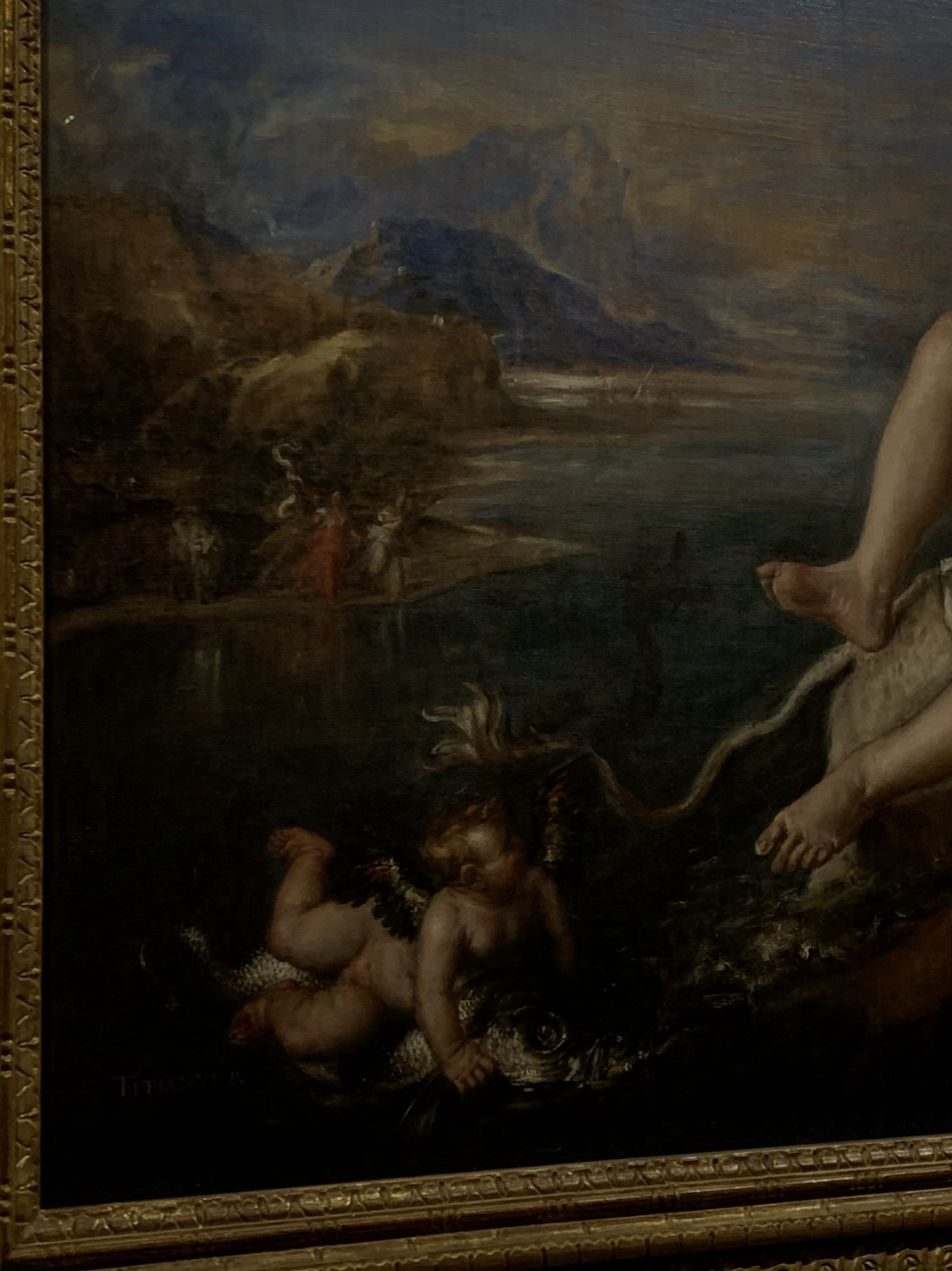The original Coronavirus- the Athenian plague
- Viola

- Oct 9, 2020
- 4 min read
Introduction
Admittedly, the title may be rather misleading since the Athenian plague was most likely not a strain of coronavirus. However, when a world pandemic occurs, what better thing to do than to look back at how the Classical world dealt with these things. Enter the Athenian plague.
Main account
Our main account of the Athenian plague is given by the historian Thucydides in his History of the Peloponnesian war, and despite his lack of medical training he is able to give a detailed (and gross) analysis:
Violent heats in the head; redness and inflammation of the eyes; throat and tongue quickly suffused with blood; breath became unnatural and fetid; sneezing and hoarseness; violent cough’ vomiting; retching; violent convulsions; the body externally not so hot to the touch, nor yet pale; a livid color inkling to red; breaking out in pustules and ulcers.
Thucydides further described patients whose fever was so intense that they preferred to be naked than wearing any clothing which touched their skin or to be submerged in cold water.
If the sick managed to survive the initial period of the infection, Thucydides observed that the patient suffered from “violent ulceration” and severe diarrhea usually resulting in their death. Those who survived the full run of the illness often suffered from disfigurement of their genitals, fingers and toes (which were sometimes lost), blindness, and memory loss (of others as well as themselves). Thucydides noticed that in some instances birds and other animals which usually fed on human flesh were repulsed by the diseased bodies or died themselves from consuming the diseased and rotting flesh. Thucydides also kept a careful tally of instances of selflessness and courage, and those of selfishness and cowardice. It is clear that, for Thucydides at least, the death and suffering of a great epidemic test the moral health of individuals and of societies.
Then and now (and all my questions)
This devastating plague of Athens started in 430 BC, during the second year of the Peloponnesian war (the war between Athens and Sparta). It killed an estimated 75,000 to 100,000 people but bearing in mind that the population in Attica was around 300-400 000 in 431BC, this is about 25% of all the people). This makes the coronavirus, which has killed 0.12% of the world's population seem like a much smaller amount.
Despite the obviously damaging physical effects of the plague on the economy such as the masses of death, the Athenian plague also had a massive social impact. The effects of the plague resulted in a lack of adherence to laws and religious beliefs and consequently stricter laws. In simpler terms, since the plague seemed not to discriminate and was killing people, left, right and centre the Athenians began to question whether their piety was actually being valued by the gods, since all people religious or not, were dying. In fact, the leader of Athens, Pericles himself, perished.
As Thucydides was talking about, a thing like a plague is a great test of character. In our modern society we too are losing faith and piety in our leaders and our societal guidelines since in these 'unprecedented times', no one seems to know what is going on. A democracy which is unsure of itself is a very dangerous concept. The plague for Athens eventually led to terrible political consequences at the end of the Peloponnesian war; Athens' democracy fell. Whilst I think that our elevation as a first world country gives us enough distance from the fear of death to completely destroy our democracy, I do think this could shake it. And in fact, it has! I can say confidently that I know more now about world politics (even though it remains relatively little) than I ever have in my entire life, even if that is just the name of one more politician. To me, it seems that in times like these people like to latch onto certainity and what they can define as right and wrong, though they may then choose the wrong.
One example of this is the uprisal of the BLM movement over the time of the pandemic: when everyone in the world is stuck at home on their devices, for once, they have no choice but to listen and learn. Here we see some great revelations of characters, of communities joining together to protest about racism and joining together, but we also see that slipping into crime that Thuycidides was talking about, like through the people that join the protests to steal some stuff and smash some stuff. Although a lot of this is surely down to type of character, it is strange to see the same pattern thousands of years ago, repeated. People who are scared and lost resorting to crime. Why? Is it because in a world so upside down they want to see if bad is still bad when the good is no longer good? I think that this pandemic will uncover things about people's tendencies that no situation like this could've ever before. However, although this virus is strange and scary, at least we can be thankful that our 'plague' doesn't tend to have symptoms like disfigurement of genitals, fingers and toes'.
Until next time,
Viola




Comments